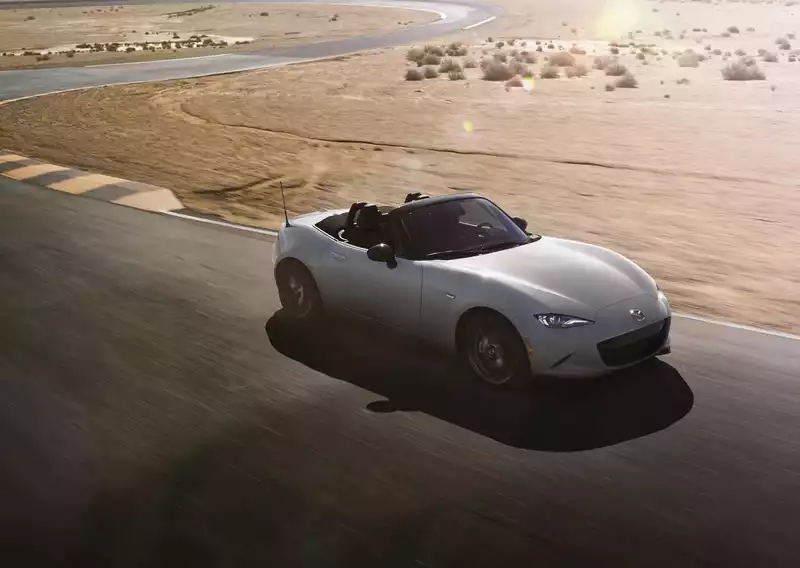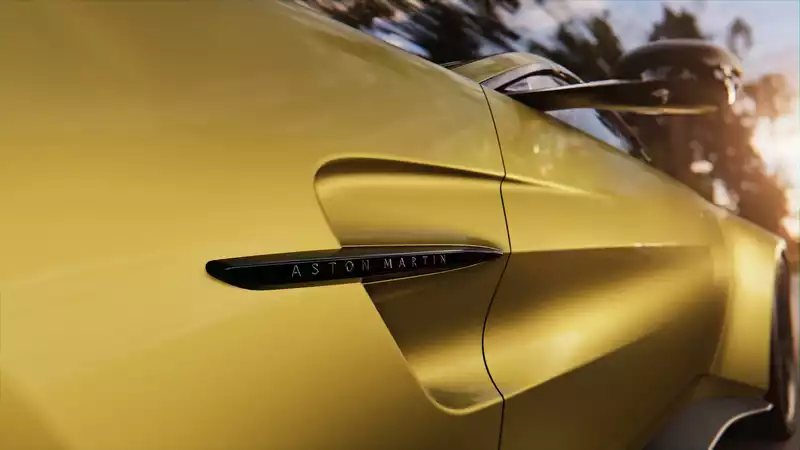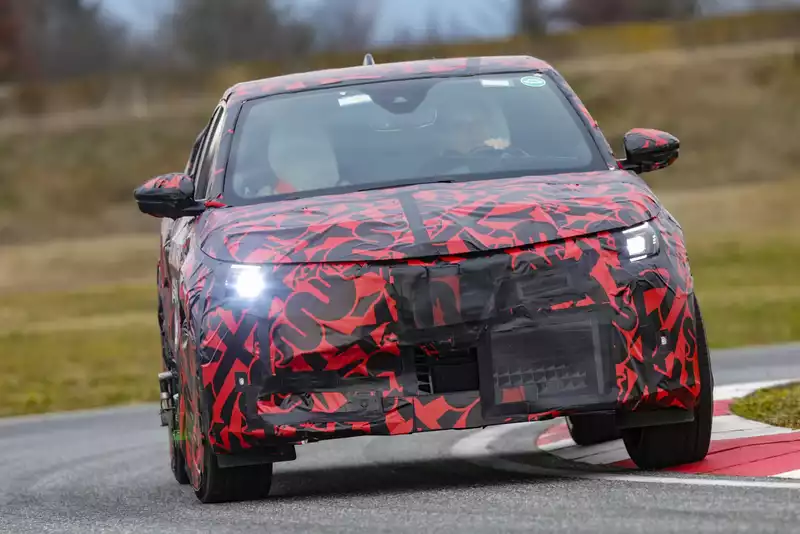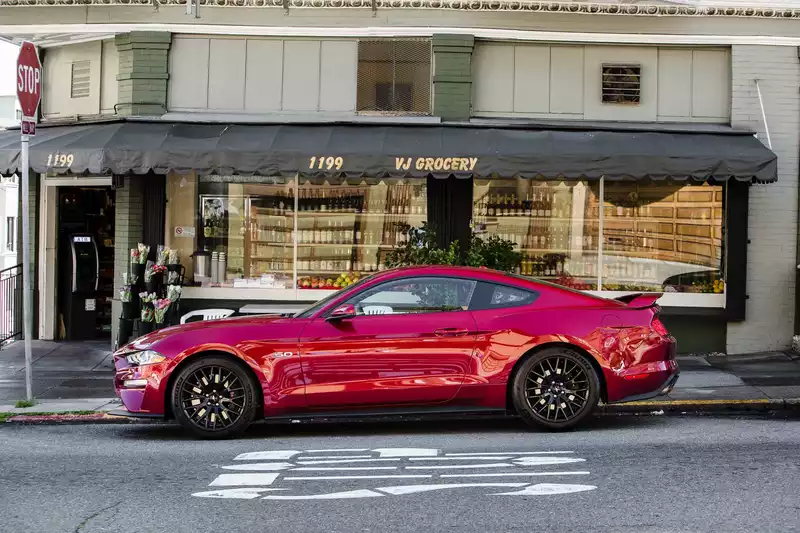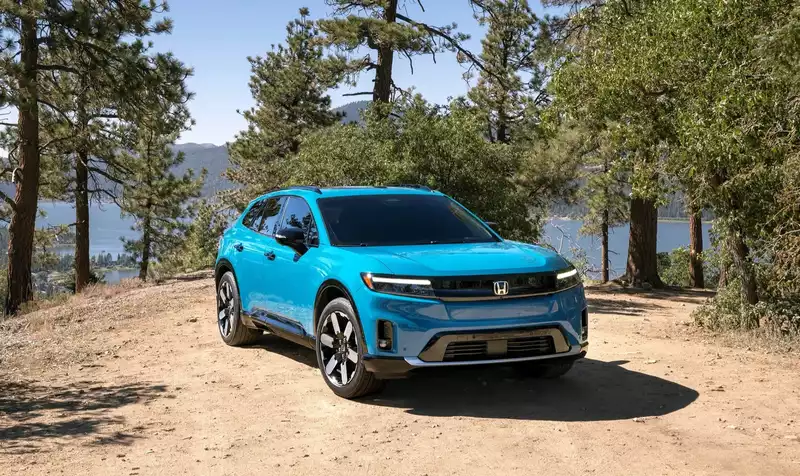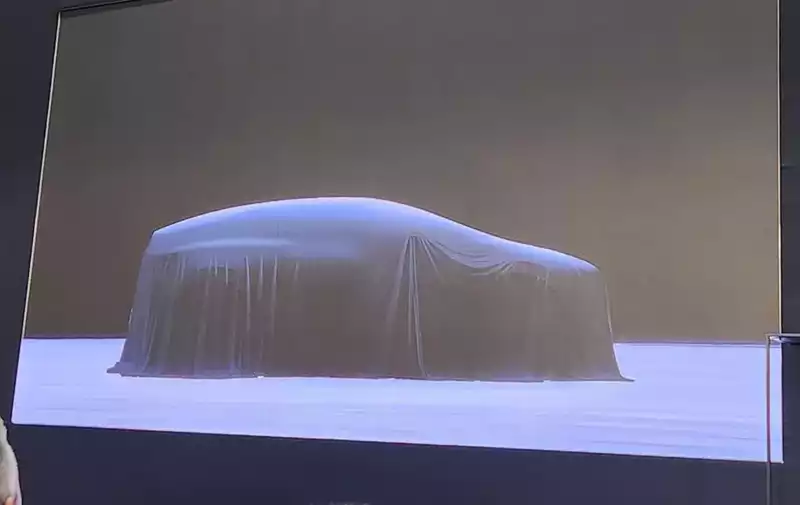The first Bugatti Divo has been delivered.
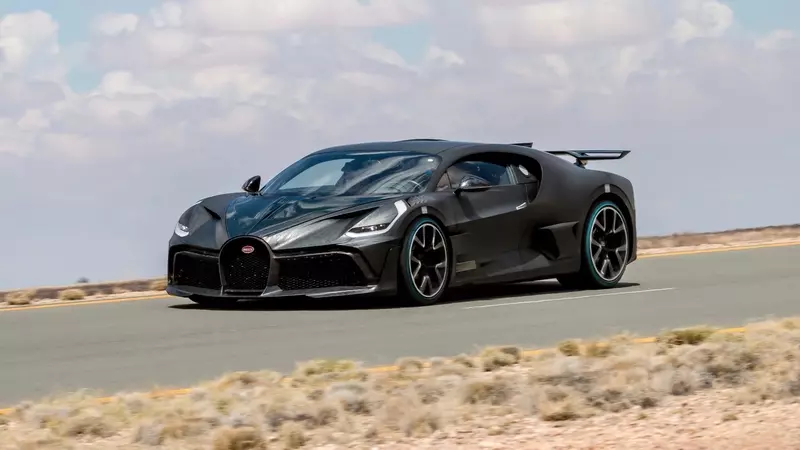
Bugatti announced Thursday that it will begin deliveries of a limited edition Divo supercar, despite a coronavirus outbreak forcing the closure of its factory in France.
Bugatti did not say how long it would take to deliver the small batch of 40 cars, but said deliveries would begin this year, with final deliveries likely after 2021. The brand also did not say who its customers would be.
The Divo, unveiled at Monterey Car Week 2018, is based on the current Bugatti Chiron, but is designed for handling as well as straight-line speed. In the tradition of the Chiron and Veyron, the Divo is named after a Bugatti racer. Alberto Divo became a Bugatti driver in 1928 and won two races at Targa Florio during his career.
"The Divo is made for cornering," Bugatti boss Stephan Winkelmann said before the car's launch. To make these words a reality, engineers reduced the car's weight by 77 lb (8.6 kg) and added 198 lb (8.6 kg) of downforce through body modifications.
The modernized front end includes a larger front spoiler, and the rear spoiler is 23% wider than the Shillon. Like the Chiron and Veyron, the rear spoiler also acts as an air brake. Bugatti also installed NACA ducts in the roof to improve cooling and new front air intakes to reduce the car's effective cross-sectional area.
From the Chiron, the Bugatti inherited the 8.0-liter, four-turbo W-16 engine, developing 1,480 hp and 1,180 lb-ft of torque. According to Bugatti, 0-60 mph acceleration is 2.5 seconds, matching the Shillon's performance.
In a sign that Bugatti takes its idea of drivability seriously, the Divo's top speed was limited to 236 mph (the Syron had a top speed of 300 mph), in part due to the increased camber. In the corners, however, the Divo is capable of 1.6 G's of torque, and its lap around the Nardo Handling Circuit in Italy is eight seconds faster than the Syron. Considering the circuit is only 1.74 miles long, this is a significant improvement.
Bugatti has been testing the supercar in extreme weather conditions over the past few months, as it does with its other cars, in preparation for the Divo going into production. Bugatti sees the Divo as a return to the tradition of coachbuilding: during Bugatti's heyday in the 1920s and 1930s, bodywork was widespread, with many cars fitted with customized bodies made by third-party companies or Bugatti itself.
The Divo is priced at $5.8 million, but the production run of 40 examples has already sold out.
